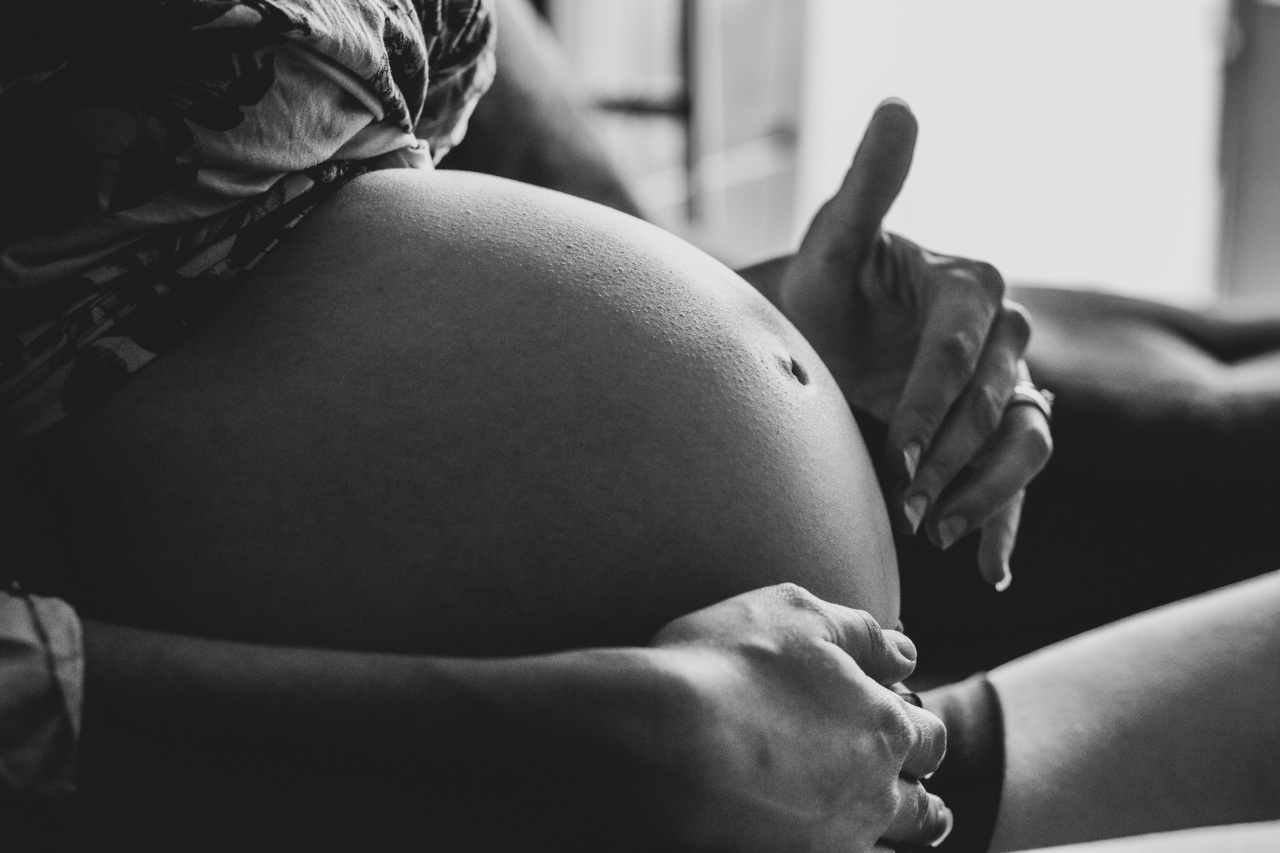Diet plays a crucial role in ensuring the health and well-being of both the mother and the growing baby during pregnancy.
While it is important to consume a balanced and nutritious diet, there are certain foods that pregnant women should avoid due to the potential risks they pose. This article will outline the top risky foods that expecting mothers should steer clear of, to ensure a healthy pregnancy.
Foods Containing High Levels of Mercury
Mercury is a toxic heavy metal that can have detrimental effects on the development of the nervous system in unborn babies.
Pregnant women are advised to avoid consuming fish with high mercury content, such as shark, swordfish, king mackerel, and tilefish. Instead, it is recommended to choose fish that are low in mercury, such as salmon, shrimp, pollock, and catfish.
Unpasteurized Dairy Products
Raw or unpasteurized milk and dairy products are potential carriers of harmful bacteria like Listeria, which can cause serious complications during pregnancy.
It is important to avoid consuming soft cheeses like brie, feta, queso blanco, and blue cheese unless they are labeled as pasteurized.
Undercooked or Raw Meat
Undercooked or raw meats can carry various bacteria and parasites, including Toxoplasma, Salmonella, and E. coli, which can be harmful to both the mother and the baby.
It is crucial to ensure that all meats, including poultry and seafood, are cooked thoroughly to eliminate any potential risks.
Raw Eggs and Foods with Raw Eggs
Raw eggs or foods containing raw eggs, such as homemade Caesar dressing, mayonnaise, or cookie dough, should be avoided during pregnancy. Raw eggs can harbor Salmonella, which can lead to food poisoning and pose a risk to the developing baby.
Caffeine
While moderate caffeine consumption is generally considered safe during pregnancy, it is best to limit intake to 200 mg per day. High levels of caffeine have been associated with an increased risk of miscarriage and preterm birth.
It is important to be mindful of caffeine content in coffee, tea, energy drinks, and chocolate.
Unwashed Fruits and Vegetables
Fruits and vegetables are essential for a healthy pregnancy diet. However, it is crucial to wash them thoroughly to remove any potential traces of soil, bacteria, or pesticides.
Some unwashed produce may carry listeria or other harmful pathogens that can be detrimental during pregnancy.
Processed and Deli Meats
Processed and deli meats, such as hot dogs, ham, salami, and sausages, can be contaminated with Listeria. These products should be avoided or heated thoroughly until steaming hot before consumption to eliminate any potential risks.
Raw Sprouts
While sprouts are generally considered nutritious, they can harbor harmful bacteria such as Salmonella and E. coli. Raw sprouts, including alfalfa, bean, and clover sprouts, should be avoided during pregnancy.
It is recommended to opt for cooked sprouts instead, which can be safely consumed.
Alcohol
There is no safe level of alcohol consumption during pregnancy. Alcohol can pass through the placenta and harm the developing baby, leading to fetal alcohol spectrum disorders (FASDs), which can have lifelong physical and neurological implications.
Artificial Sweeteners
While limited use of artificial sweeteners, such as aspartame, saccharin, and sucralose, is considered safe during pregnancy, it is advised to consume them in moderation.
Opting for natural sweeteners like honey or maple syrup might be a healthier choice.
Conclusion
Pregnant women should be cautious about their dietary choices to safeguard the health of both themselves and their unborn babies.
Avoiding these risky foods, such as those high in mercury, undercooked meats, raw eggs, and certain cheeses, can help minimize the potential risks and promote a healthy pregnancy. It is always advisable to consult with a healthcare professional or a registered dietitian for personalized guidance to ensure a well-balanced and safe diet throughout pregnancy.





























